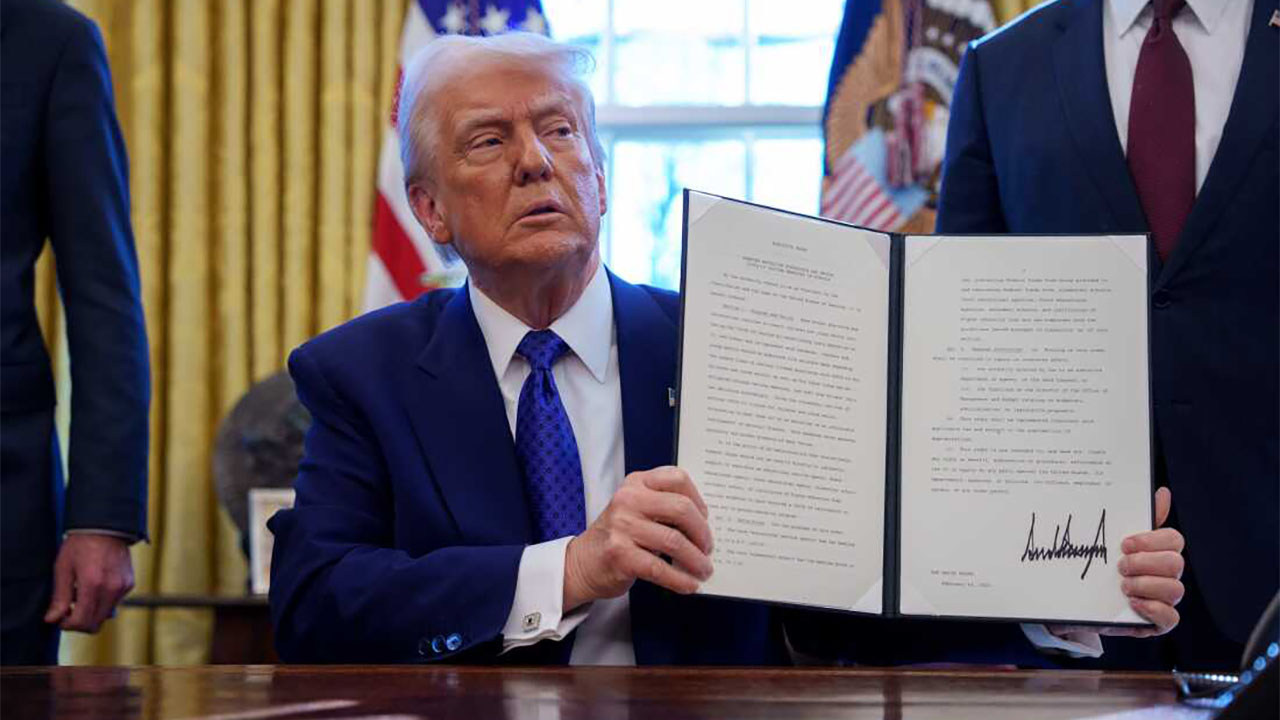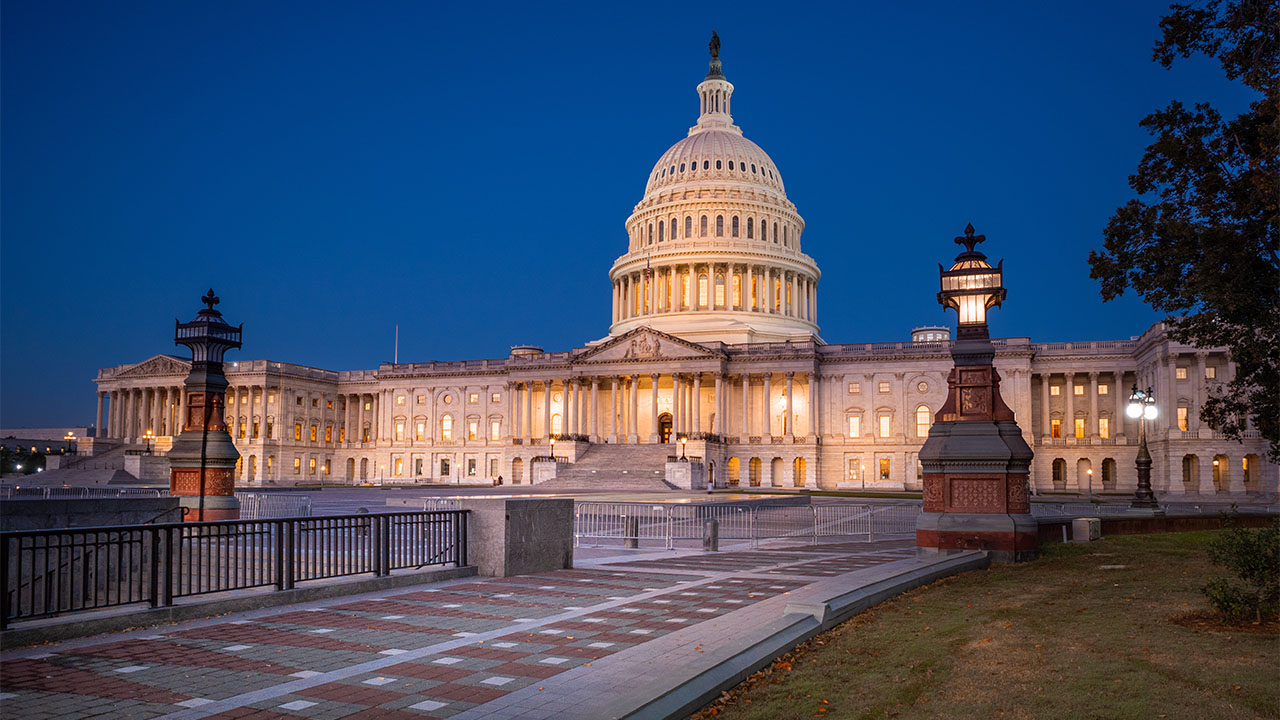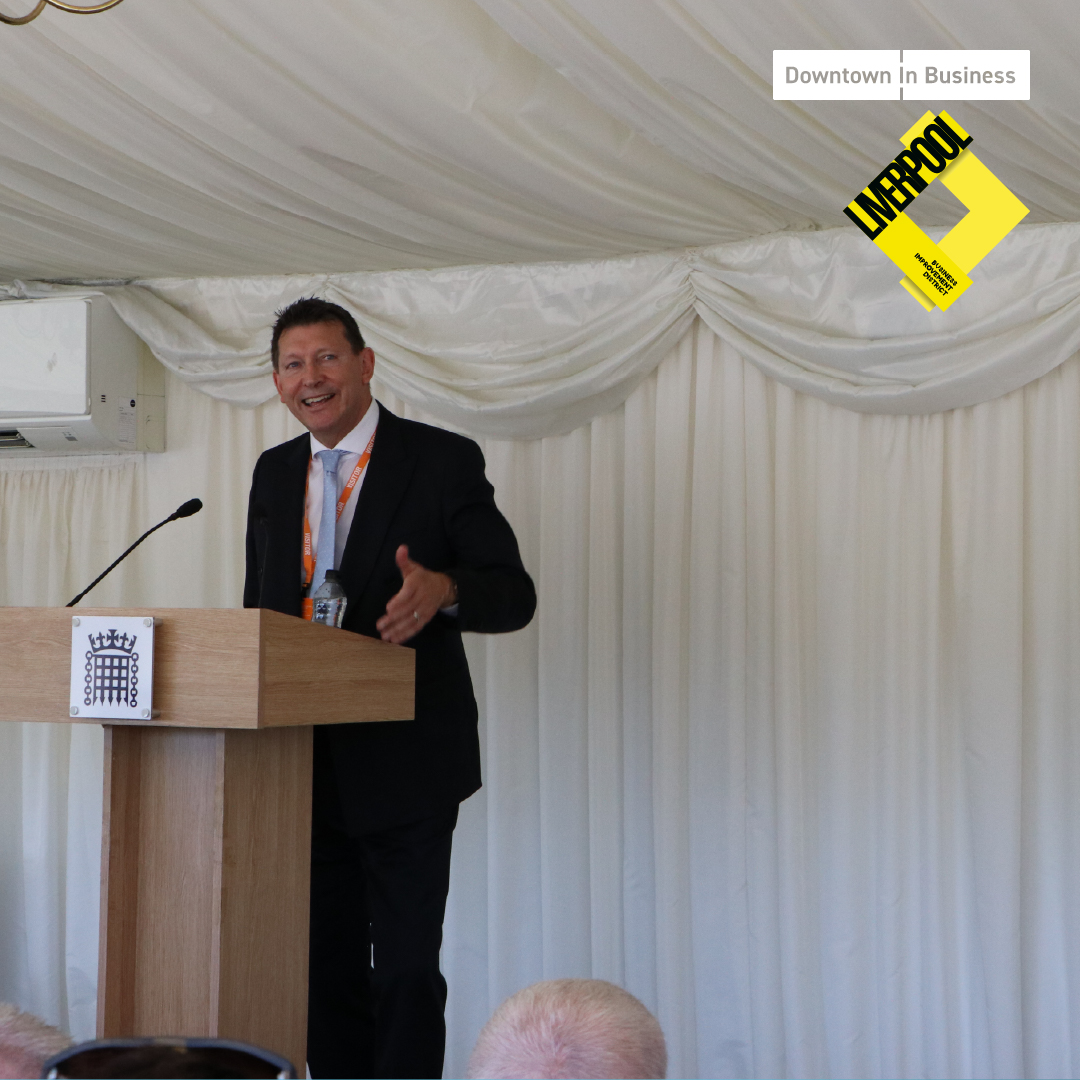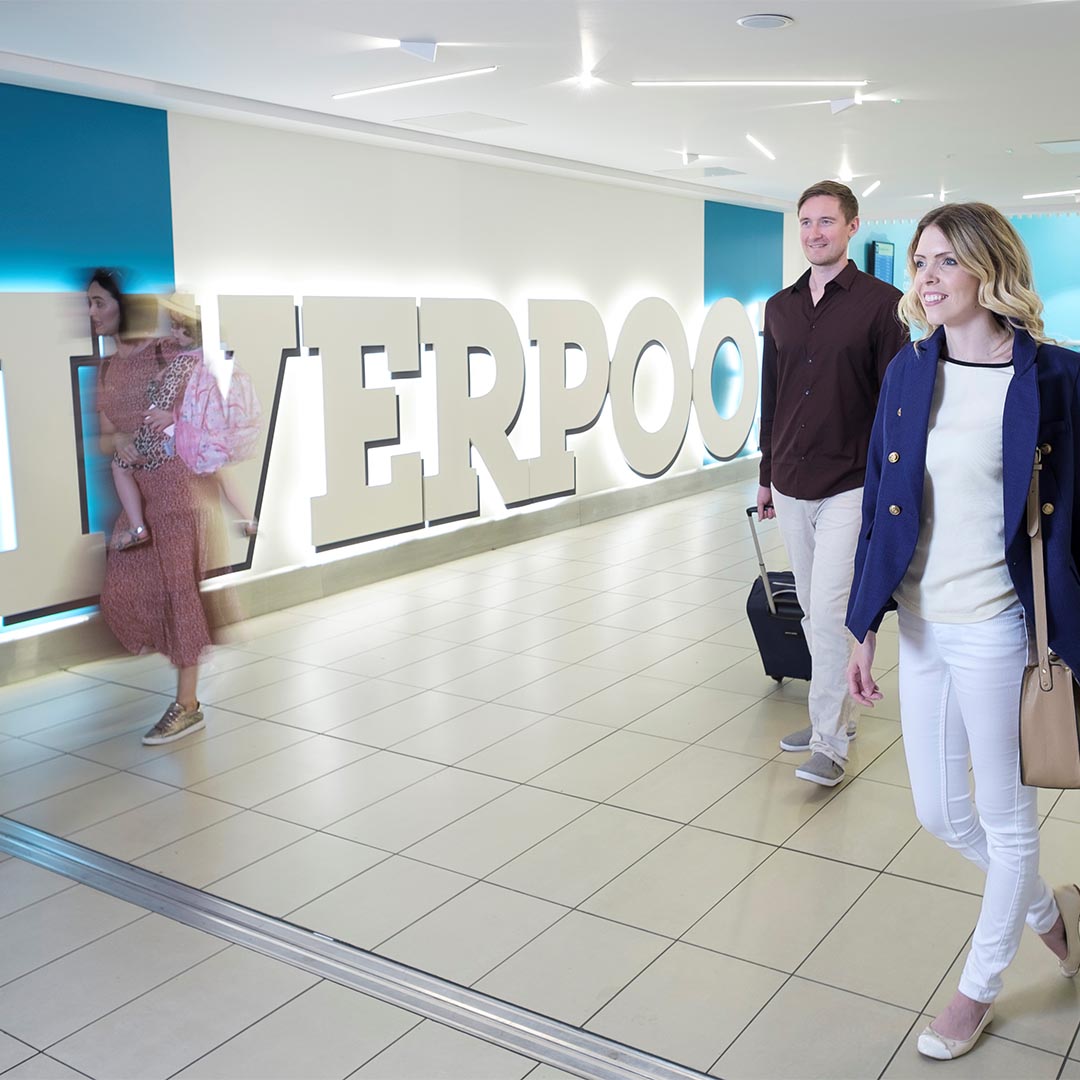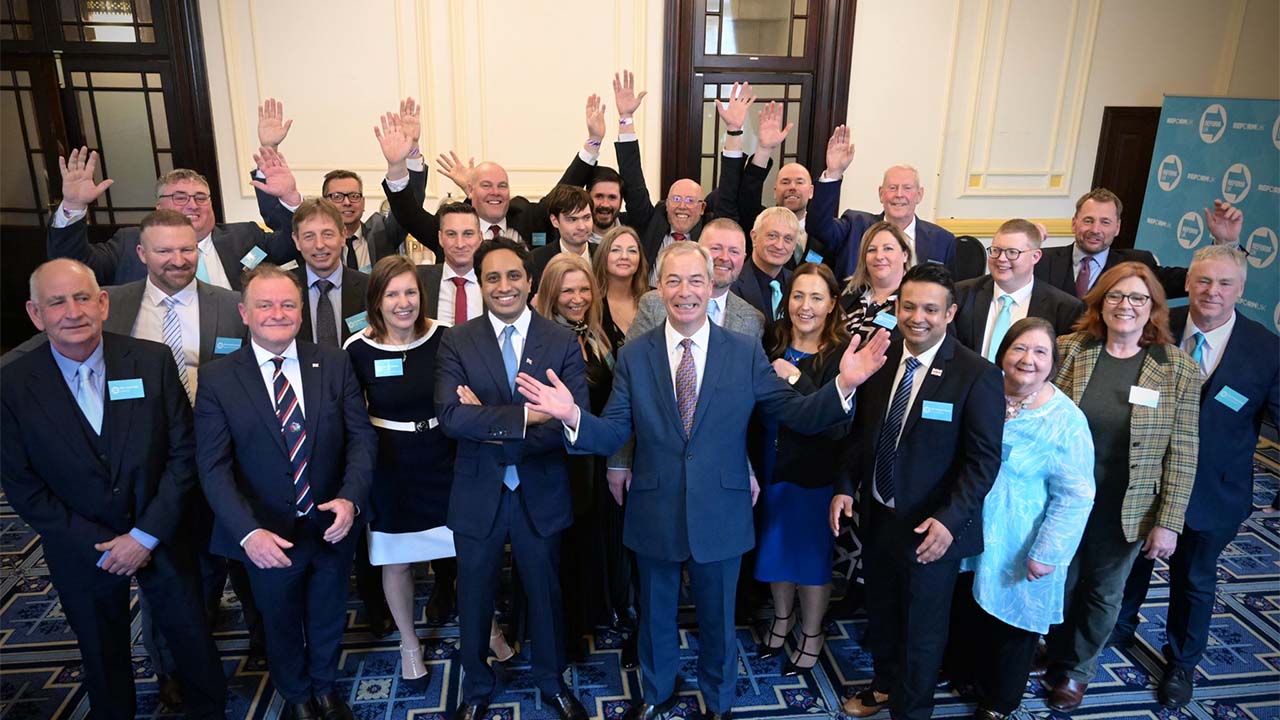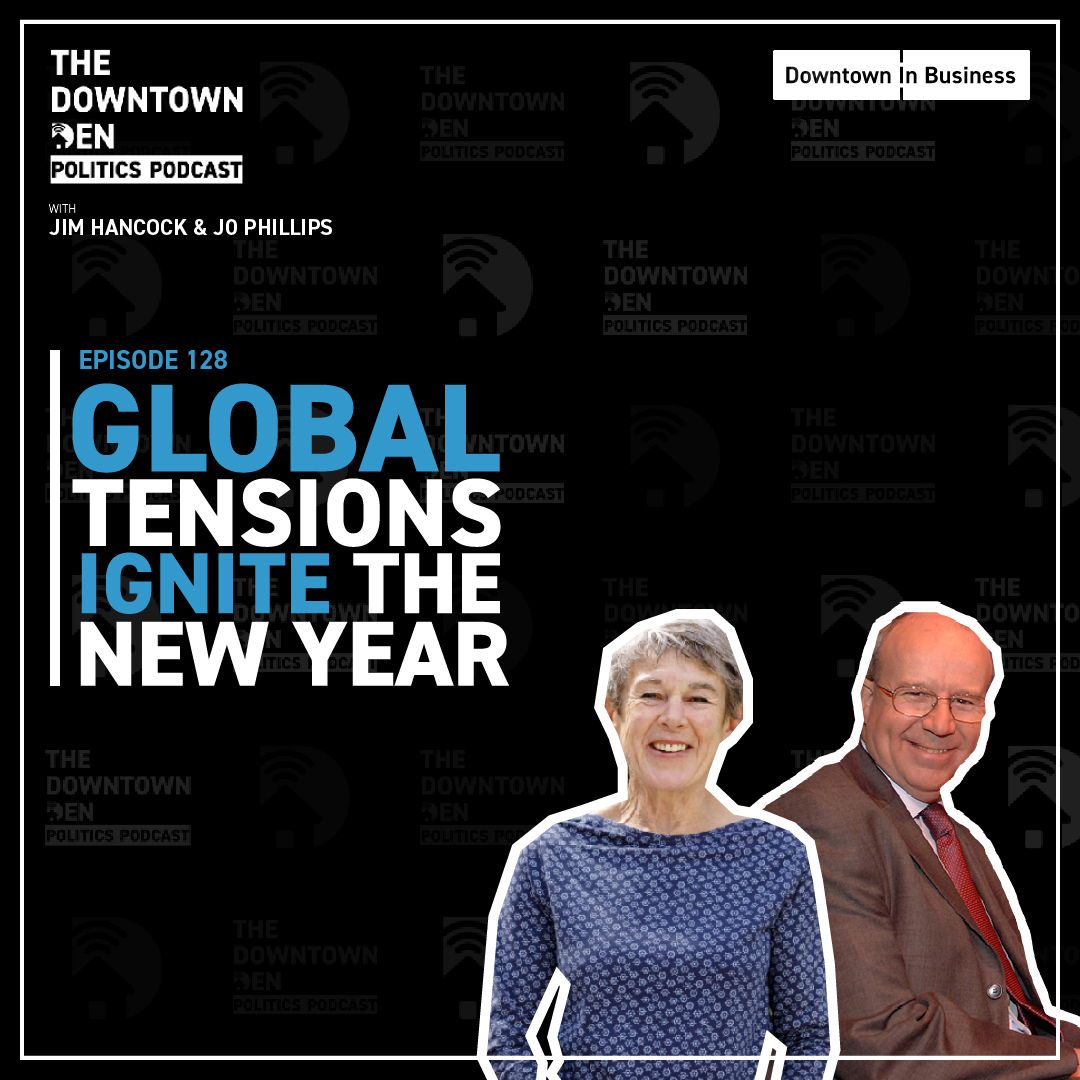Sport is often a good proxy for the state of the nation.
Living on this side of the pond, I pay particular attention to the business of sport, whilst at the same time managing to maintain a healthy indifference to a fair bit of the on-field activity.
I’ve tried to love Basketball and Ice Hockey but to no avail and have an ‘on-off’ love affair with American Football and Baseball, linked to the fortunes of the Jets and the Mets.
In contrast, I am a loyal follower of the cricket, football and rugby fixtures – Lancashire, Everton and Caldy being my teams – despite the numerous off-field shenanigans surrounding British sport.
This week perhaps epitomized the difference between how sport, and its future, is viewed from both sides of the Atlantic.
In the UK, I read about the Government’s decision to appoint a Football Regulator.
In the US, JP Morgan Chase, the storied investment bank, announce it was creating a specialist Sports Economy Fund and associated banking division.
There it is – nicely encapsulated in a couple of press releases – Britain wants to regulate sport, while America wants to invest in it.
Britain sees sport as a heritage past-time, America sees it as a burgeoning global asset class.
As reported on AnalyzingMarkets.com, “The creation of the “sports investment banking coverage group” underscores JPMorgan’s recognition of the immense potential within the sports sector.
“Led by industry veterans Eric Menell and Gian Piero Sammartano, the team will report to Fred Turpin, the global head of media and communications investment banking.”
There you go. Succinctly explained – ‘sport is a potential and potent growth market, and at its core, it is an entertainment product.’
JP Morgan further explained the opportunity they saw in a memo they issued to the market: ‘The combined value of US and European sports franchises now exceeds $400 billion and is growing’.
The facts support their claim.
Despite general M&A activity taking a cautious pause in 2023, sport saw more than $22billion in deals in the last 12 months alone. Commentators pointed to this resilience in sports assets as a sign of the continuing allure and appeal of sports worldwide.
JP Morgan’s generations-long track record of success in structuring and completing some of the most complex deals has positioned them well to drive value for their clients in the sports market too.
The New York based firm recently advised the Sir Jim Radcliffe-led group on their investment in Manchester United. Contrast that with the lengthy, ‘on again off again’ saga which surrounds the plight of clubs like Everton, Sheffield United and others looking to change ownership.
JPMorgan also facilitates financing for stadiums and arenas for numerous teams across major U.S. sports leagues.
In recent years, sports teams and franchises in the United States have expanded their horizons well beyond the confines of stadiums and arenas. Team owners have transformed the businesses into real-estate speculators, leveraging their land holdings to maximize profits and create vibrant mixed-use developments.
Traditionally, teams built stadiums primarily to cater to matchday audiences, corporate clients, and the odd marquee event. They did this with mixed success – think Sunderland’s Stadium of Light, Bolton’s Reebok, Middlesborough’s Riverside Stadium.
The smart ones saw the bigger opportunity.
Stan Kroenke, owner of Arsenal FC, also owns the Los Angeles Rams and exemplifies this shift in thinking. The Rams now play at SoFi Stadium, a $5 billion complex that anchors the sprawling Hollywood Park site. This 298-acre development includes not only the stadium but also an artificial lake, a 6,000-seat theatre, offices, hotels, shops, restaurants, and apartments.
These mixed-use developments generate substantial revenue way beyond ticket sales.
For instance, the Green Bay Packers’ built Titletown – a mixed-use development adjacent to their fabled Lambeau Field ground. The hotel, leisure, conference and hospitality venues played a significant role in the frigid Wisconsin town landing next year’sNFL draft, an event which is projected to have an economic impact of approximately $94 million—revenue equivalent to what is raised from multiple regular home games.
And by diversifying their investments, sports franchises become influential voices with city planners, shaping urban landscapes and changing economic fortunes. City Football Group’s ownership of The Etihad Stadium and the surrounding sports infrastructure is helping rejuvenate the former badlands of East Manchester.
From a personal perspective, I hope Everton’s next owners see the opportunity they will have to leverage the new Bramley Moore Dock stadium as not just the Wembley of the North but as a profitable catalyst for the regeneration of the city’s northern docks area.
I also hope the new owners are financially big enough and backed by the ‘grown up’ advice of the likes of JP Morgan Chase so they enjoy the wealth and benefits of their investment, rather than see speculative land deals cut by a local authority between existing surrounding land owners clambering for a quick buck but which ultimately delivers a patchworked mish-mash of schemes and developments which aren’t accretive for the area.
So as US investors, advisors and team owners are shooting for the stars, what is happening in Blighty?
This week, about the same time Wall Street was a-flutter with JP Morgan’s billion- dollar future scape for sport, Lucy Fraser, the UK Sports Minister stood up in Westminster to reveal her plan to introduce a football regulator.
Based on the record of other regulators the UK Government has introduced – OFGEM, OFSTED and the wonderfully nicknamed OFFRAIL, the train regulator – keep your fingers crossed.
According to the bill proposed, the new regulator – OFFSIDE? – will: “operate a licensing regime, and to monitor and enforce compliance with requirements on financial regulation, club ownership and directors, fan engagement and club heritage protection.”
The regulator will also demand the submission of a business plan which lays out how an owner would seek to run their club – and – as explained so far – could, as an ultimate sanction, withdrawn an owners’ license in the event of what is described as “persistent and wilful non-compliance”.
I can hardly imagine JP Morgan’s new clients – already spooked by the thought of relegation and promotion upsetting the predictability of their long-term investments – queuing up to share their business secrets and ambitions with a politically-sensitive regulator who at any time could strip them of control of their assets.
Don’t get me wrong, I’m not advocating for a lawless, anything-goes approach to sports team ownership – we’ve had that for decades already with few bright spots – but surely there are already adequate rules and regulations governing the conduct and behaviour of all businesses to improve football’s lot and presumably other sports clubs too?
But what is most telling for me is what it says about how the two nations view sport. On the one hand, the U.S. recognises the importance of the business of sport as something to invest in, leverage for wider economic benefit, build community around, and yes, make a profit out of.
This feels much more attractive and sustainable than a government installed regulator whose powers are going to be limited, influenced by a series of fan forums that lack punch or genuine power, and are susceptible to pressure group and political interference.
The only area I see the UK’s approach stealing a march over the U.S. is in propagating a huge uptick in new sports-based litigation – though I imagine the big U.S. law firms are already ahead of that curve, setting up international divisions to deal with the flood of lawsuits likely to follow.



